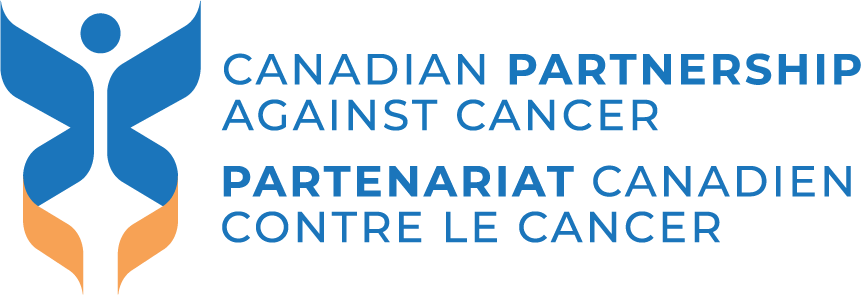Certain terms related to cancer and health care appear often in our content. Consider the following guidelines to help keep our vocabulary consistent and inclusive.
Diseases
Disease names are in lower case, except when the disease is named after a person. Then only the person’s name is capitalized.

colorectal cancer

human papillomavirus

Alzheimer’s disease

Parkinson’s disease
End-of-life and palliative care
End-of-life care is always hyphenated. Be aware of the difference between end-of-life care and palliative care. They are not one and the same. Palliative care does not imply that death is imminent but that the patient is receiving care that is focused on quality of life, including pain management and symptom control, rather than treatment with a curative intent.
We do not refer to patients receiving palliative care or end-of-life care as “post treatment” or “not receiving active care.” The patients may still be receiving disease-controlling treatments or symptom management. We can, however, say they are “no longer receiving primary cancer treatment.”
Health care
“Healthcare” is an adjective. “Health care” is a noun. We don’t use the hyphenated version “health-care.”

These actions will support the healthcare system.

People in rural communities need better access to health care.
People living with cancer
The preferred term is “people living with cancer.” This term includes everyone who has ever had cancer, such as patients and survivors, and also families.
Be sensitive to how someone describes themselves, but be consistent within the document. For example, only use the term “survivor” if the person living with cancer identifies themselves that way.
Why aren’t we using the term “cancer survivor?”
While the term “survivorship” is used in some instances, to be more person-centred and inclusive in the language we use, we have opted to use “people living with cancer” rather than “cancer survivors” to describe individuals who have transitioned from the active treatment phase of their cancer journey back into the primary care or community care system.
If unsure, contact a member of CPAC’s Person-Centred Perspective team.
Centred versus centered
Use Canadian spelling: centred.

The Partnership is taking a person-centred approach.
